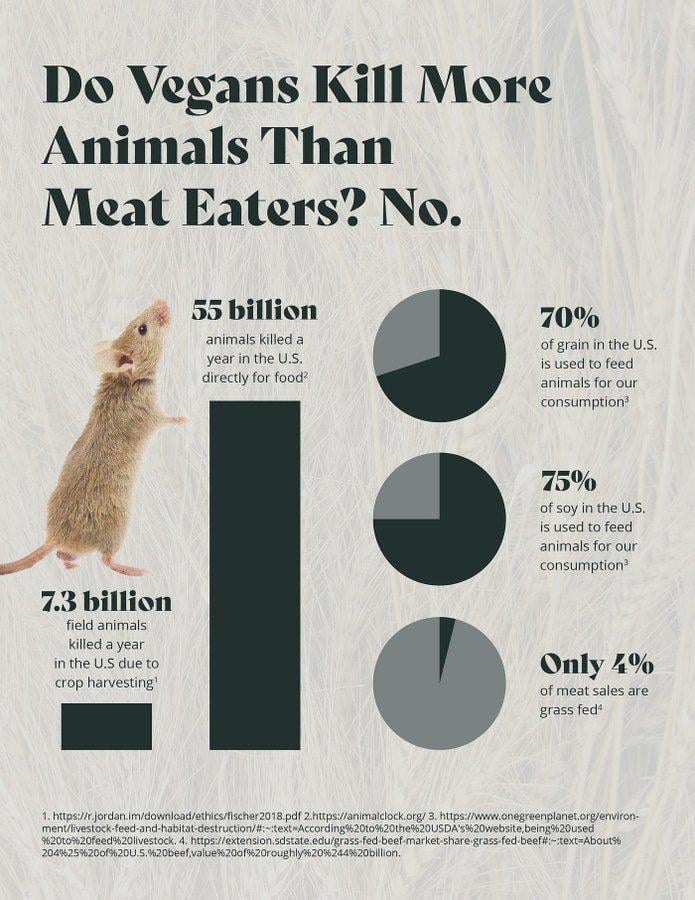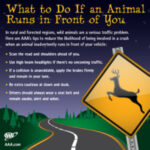In a world increasingly aware of animal rights and ethical considerations, the question arises: Can a vegan be cruel to animals? At first glance, the answer may seem counterintuitive. After all, adopting a vegan lifestyle often stems from a desire to minimize harm to sentient beings. However, delving deeper reveals a complex landscape where intentions, actions, and the broader implications of lifestyle choices intersect.
To unpack this question, it is essential to differentiate between dietary habits and overarching ethical behavior. A vegan may abstain from consuming animal products, yet cruelty can manifest in various forms beyond just dietary choices. The challenge lies not only in what one eats, but also in how one interacts with and impacts animals within the wider ecosystem.
One must consider the principle of speciesism, a hierarchy that privileges certain species over others based on arbitrary distinctions. Vegans often seek to dismantle this philosophy, arguing that no animal should suffer for human conveniences. However, can a vegan, in their quest for ethical living, inadvertently perpetuate harm to non-human animals through other actions? For instance, the environmental impact of certain vegan food sources, such as avocados and almonds, raises questions about sustainability and corporate farming practices that may still exploit labor and land.
Moreover, cruelty can stem from ignorance or negligence regarding animal welfare. For example, many vegans may inadvertently support companies that engage in environmentally destructive practices. A lack of research into the sourcing of products, even those marketed as vegan, may lead to complicity in systemic cruelty toward animals—whether through habitat destruction or exploitation of workers within those industries.
Additionally, while one may abstain from eating animal products, the ethical considerations do not cease at diet. There are significant interactions that take place in everyday life that can impact animals profoundly. A person may claim to uphold vegan principles yet contribute to cruelty through their actions; for instance, neglecting to confront animal exploitation in other industries, such as entertainment or fashion.
This invites further inquiry into the ethical behavior of those who categorically identify as vegans. Are they merely adopting a superficial stance, or are they fully committed to promoting ethical practices and kindness toward all animals? The term “vegan” may evoke an image of compassion, yet it is crucial to interrogate the depth of this commitment. Ethical veganism is a philosophy that transcends dietary restrictions; it encompasses advocacy for animals’ rights, environmental stewardship, and social justice. It necessitates ongoing self-education and a reflexive understanding of one’s choices.
Consider the philosophical concept of moral responsibility, which posits that ethical behavior derives not solely from personal choices but from an awareness of the consequences those choices exert on others. A vegan must navigate this responsibility diligently. It is essential to recognize that choosing a vegan lifestyle involves a deeper engagement with the implications of one’s behavior—examining not only what one consumes, but also the broader societal influences that contribute to animal suffering.
Some may argue that the cumulative impact of individual dietary choices has the potential to mitigate animal cruelty on a macro scale. Indeed, there is merit in this perspective—collective action can potentially reshape markets and alter corporate behavior. However, this notion must be balanced with the recognition that individual actions, while valuable, cannot be a panacea for systemic issues. The complexity of global food systems means that change often requires collective action, advocacy, and policy reform that extends beyond individual dietary choices.
As part of an ethical framework, vegans should consider their engagement with animal welfare organizations or advocacy groups. Supporting initiatives that promote humane treatment and protect habitats is integral to a comprehensive approach to animal rights. Participation in these efforts is not merely an adjunct to a vegan lifestyle; it is a necessary component of an ethical worldview committed to reducing harm across all sectors that impact animals.
Furthermore, one cannot dismiss the crucial role of intersectionality in discussions of ethics. Engaging in conversations about how racism, sexism, and class oppression intersect with animal rights allows for a more nuanced understanding of the broader systems of domination. A comprehensive ethical outlook must appreciate how these interconnected issues amplify the complexities of animal cruelty and injustice.
In light of this multifaceted inquiry, it becomes evident that the answer to the question—Can a vegan be cruel to animals?—is not a straightforward yes or no. Rather, it serves as a clarion call to examine the ethos behind not only dietary choices but the broader lifestyle ordained by veganism. Being vegan necessitates an active commitment to learning, advocacy, and allyship with all beings, urging individuals to consistently evaluate their roles in perpetuating or combating cruelty.
Ultimately, the inquiry into the ethical implications of veganism invites a deeper reflection on individual choices and the moral compass guiding those choices. Each action resonates within a larger ecosystem, revealing the intricate connections that bind all sentient beings. The challenge lies in maintaining a holistic commitment to compassion, thereby bridging the gaps between dietary adherence and broader ethical conduct towards all animals.










